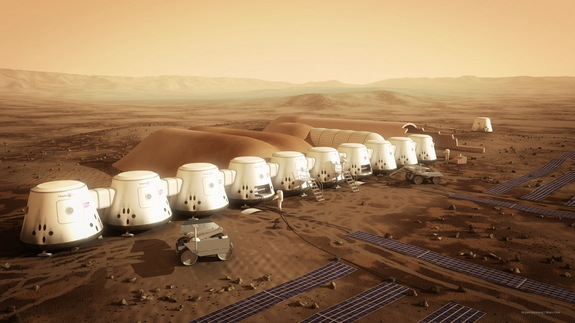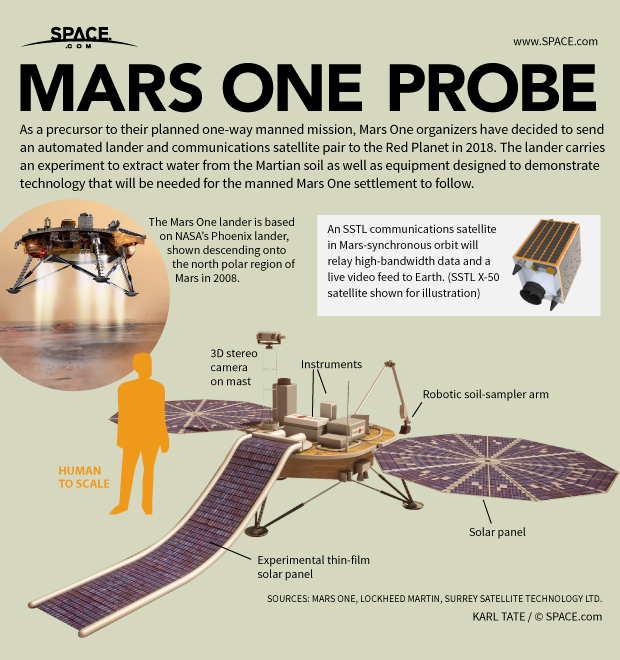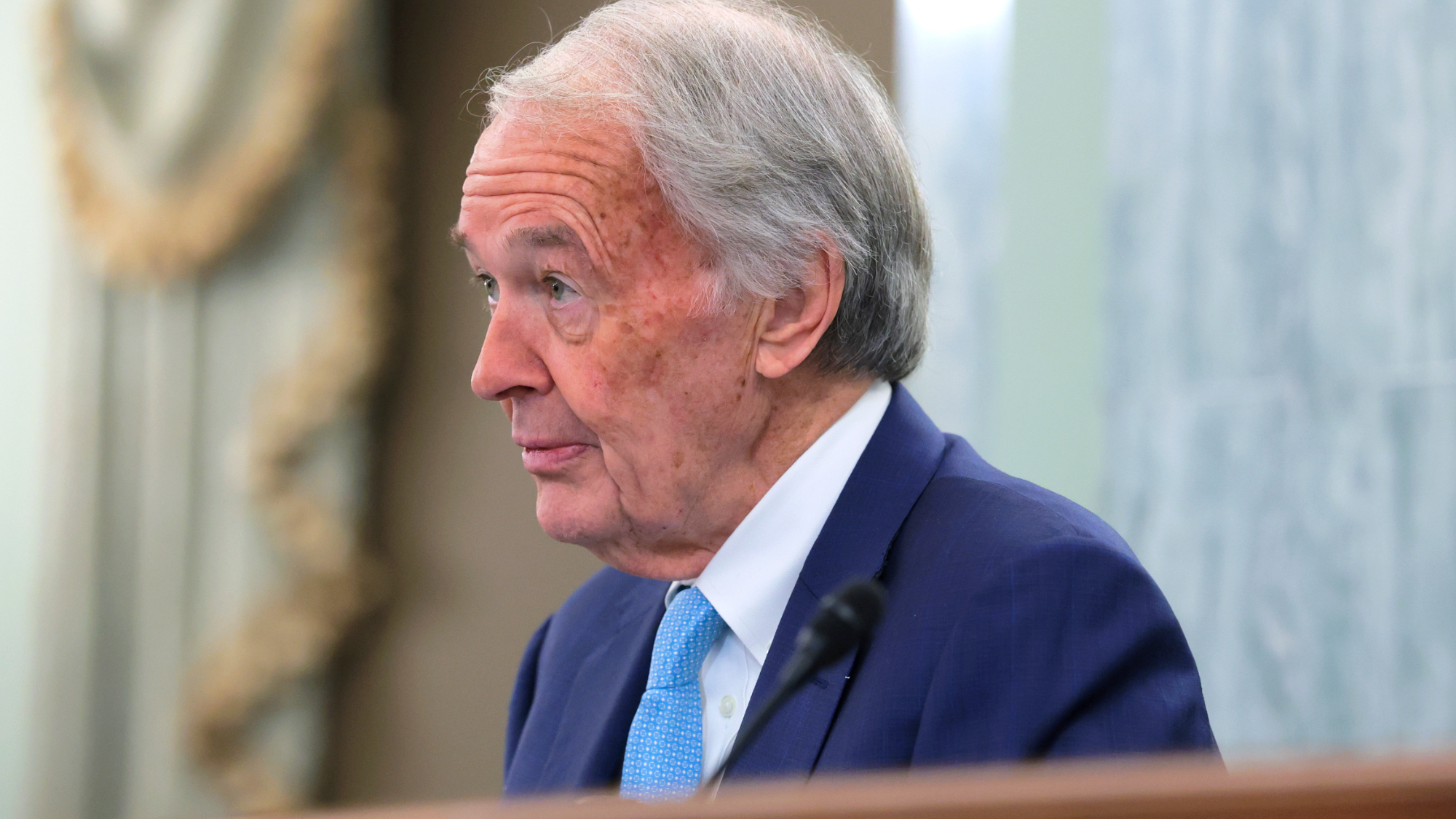Mars One Colony Project to Whittle List of Astronaut Hopefuls to 40

Mars One — the private venture formed to send people on a one-way trip to the Red Planet — is getting ready to whittle down its astronaut hopefuls from 100 people to just 40.
In the near future (the exact date has not been announced), Mars One will hold a five-day team challenge made up of those hopefuls, Mars One representatives said in a statement. The process will start with 10 groups of 10, but the groups will change composition due to "continuous elimination," the statement said.
Group members will pick the groups themselves, adhering to certain guidelines such as having a 50-50 gender ratio and maintaining a diversity of ages and nationalities. [Mars One: A Private Martian Colony Project in Pictures]
At the end of every day, roughly 10 to 20 people will leave the selection process, Mars One representatives said in the statement. Candidates will be judged based on their performance of both indoor and outdoor activities, using such metrics as trust, problem solving, precision, communication and interdependency. Group members will rank whom they want to work with, which will be taken into account for eliminations. The candidates have also been given study materials ahead of time that they are expected to assimilate, representatives said in the statement.
This selection round, as well as those in the future, will be filmed, Mars One stated; Mars One did not provide further details about filming, production, or air dates. The remaining 40 people will be placed into isolation, after which the company will reduce those in the running to 30 people. After that, the contenders will undergo a "Mars Settler Suitability Interview," according to the statement.
The organization plans to send its first uncrewed mission to Mars in 2020, with crews departing for the Red Planet every 26 months starting in 2026 (an extension of its original projection of 2024, which happened due to a lack of investment funding).
Last year, former astronaut candidate Joseph Roche criticized Mars One, alleging that the organization has a skewed selection process and that it insists candidates must raise funds to participate. In response, Mars One said fundraising was not a requirement for selection, that they plan to use private investor and sponsorship funds to back the project and that the process was scientifically rigorous.
Breaking space news, the latest updates on rocket launches, skywatching events and more!
Follow Elizabeth Howell @howellspace, or Space.com @Spacedotcom. We're also on Facebook and Google+. Original article on Space.com.

Elizabeth Howell (she/her), Ph.D., was a staff writer in the spaceflight channel between 2022 and 2024 specializing in Canadian space news. She was contributing writer for Space.com for 10 years from 2012 to 2024. Elizabeth's reporting includes multiple exclusives with the White House, leading world coverage about a lost-and-found space tomato on the International Space Station, witnessing five human spaceflight launches on two continents, flying parabolic, working inside a spacesuit, and participating in a simulated Mars mission. Her latest book, "Why Am I Taller?" (ECW Press, 2022) is co-written with astronaut Dave Williams.

